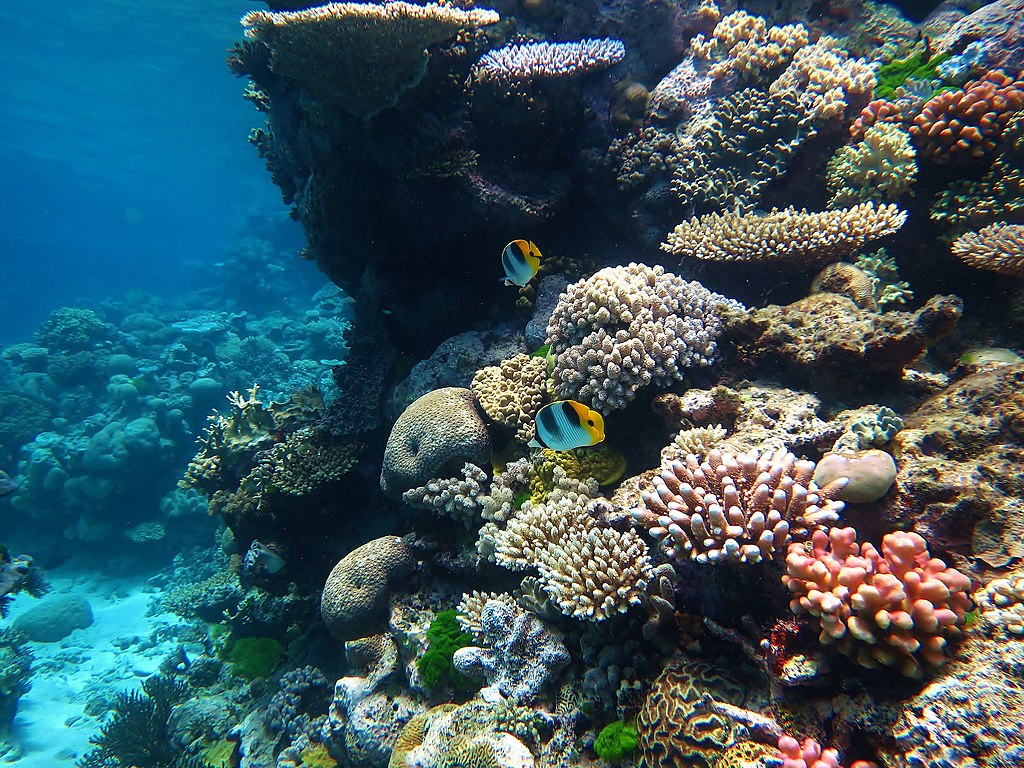The Best Times to Visit Australia
Australia, also known as The Land Down Under, offers a lot of wonderful places to worth travelling to. These are the best times to visit for surfing, hiking, beach hopping, and more.
From its dazzling golden beaches to its steamy tropical rain forests, its rich Aboriginal and Torres Strait Islander heritage to its one-of-a-kind wildlife, Australia has a memorable vacation in store for all types of visitors.

Visiting a county so big — complete with three separate time zones and eight different climate zones — requires a degree of planning. While city breaks, road trips, and winery visits can be enjoyed year-round, varying regional weather patterns mean highlights like hiking around the iconic monolith of Uluru and snorkeling alongside the Great Barrier Reef’s marine life are best experienced during specific months. No matter what you want you want to experience during your Australia trip, we’ve got you covered.
Best Time to Visit Australia for Ideal Weather
:max_bytes(150000):strip_icc():format(webp)/surfing-victoria-australia-AUSTIME0821-eca3f667cea44c0bbc13b4056fffafa7.jpg?w=800&ssl=1)
Every month presents an opportunity to experience a particular region of Australia at its best. If beach hopping is high on your agenda, aim for the warmer months of September to April in New South Wales and southeast Queensland, and November to March in southern states, including southern Western Australia. Summer is also bushfire season, so keep your eye on local alerts during your visit.
While southern states tend to experience four seasons, northern Australia (encompassing the top sections of Western Australia, the Northern Territory, and Queensland) has just two: wet (October to May) and dry (June to September). With road access often compromised during the wet season, the dry period is generally the best time to visit the region, especially on a road trip. The wet season also corresponds with cyclone and marine stinger seasons, however the Great Barrier Reef and rain forest tourism in the Cairns region operates year-round, weather permitting. You can still swim during stinger season, with Lycra stinger suits supplied by marine activity operators.

If you’ve got your heart set on an Australian outback adventure, the cooler months from May to August are most comfortable. For outdoor adventures in the island state of Tasmania, which has a cooler climate than the mainland, the warmer months from October to March are ideal. If you packed your skis, the snowfields of New South Wales and Victoria are typically open from June until early September.
Best Time to Go Hiking in Australia
:max_bytes(150000):strip_icc():format(webp)/gondwana-rainforest-dorrigo-national-park-australia-AUSTIME0821-9ea5c839364c447dafe5f09095ffa429.jpg?w=800&ssl=1)
Australia’s national parks and wilderness areas are laced with hundreds of spectacular hiking trails. Many of which are best tackled at certain times of the year. As the summer months can be unbearably hot in Australia’s Red Centre, walks in places like Uluru-Kata Tjuta National Park are most comfortably and safely undertaken from April to September.

The opposite can be said for Tasmania, where hiking is more popular during the warmer months. Though walkers should be prepared for all seasons (even snow) throughout the year. Hiking in the lush Gondwana Rainforests of Queensland and New South Wales is typically more comfortable in the drier winter months (particularly, June to October), while the best time to wander Western Australia’s famed Cape to Cape Track is in the spring (namely, September and October, when wildflowers are in bloom) and autumn (March to May).
Best Time to Go Surfing in Australia

Like many other surfing destinations around the world, the best months for surfing in Australia don’t always coincide with the best months for swimming. If you’re just learning how to surf, there’s generally no bad time to take a lesson in Australia. Though you’ll be more comfortable spending hours in the water during the Australian summer months — especially in Victoria and southern Western Australia. Offshore winds combined with more consistent swells during the Australian winter months tend to proffer the best conditions around the country. Though there are some exceptions. Storms can still generate big waves at any time of the year.
Best Time to See Wildlife in Australia
:max_bytes(150000):strip_icc():format(webp)/koala-sleeping-tree-australia-AUSTIME0821-74b55fa624f1466f9f90e9cebc4d0bff.jpg?w=800&ssl=1)
One of the best things about visiting the east and west coasts of Australia between May and November is the opportunity to spot migrating whales, which make their way up and down each coast during those months. The best time to book a whale-watching tour is generally in August and September. That is when humpbacks tend to be most active. If you’ve always wanted to see an orca on the hunt, aim to be in Western Australia’s Bremer Bay between January and April.

The best time to see land-based wildlife is more about the time of day than the time of year. With the hours of dusk and dawn typically the best for spotting native animals such as kangaroos and wombats. From lorikeets to cockatoos and the iconic kookaburra, Australia’s birds (which can often be seen in cities). These birds also tend to sing their hardest when they come in to roost. After dozing in gum trees all day, koalas are also more active in the evenings, making them easier to spot.
Baby animals of all kinds abound in springtime (September to November) across the country. While sea turtles can be seen in Australian waters throughout the year. Time your visit to Queensland between November and January to see turtles come ashore to nest in their thousands. With their babies hatching from January to April.
Cheapest Time to Visit Australia

Flying to Australia is usually one of the biggest cost hurdles, but if you’re willing to opt for a layover in New Zealand, China, Singapore, or another regional hub, good deals can be found. Airlines like Jetstar (Qantas’ low-cost carrier) and Virgin Australia often advertise great domestic deals, and accommodation prices can drop significantly in low and shoulder seasons, which differ from region to region. City breaks in southern cities are often cheaper in the winter, when there’s still plenty to see — notably Vivid Sydney, during which iconic buildings are illuminated by incredible light installations for several weeks.
Source: https://bit.ly/2PFBZB1



